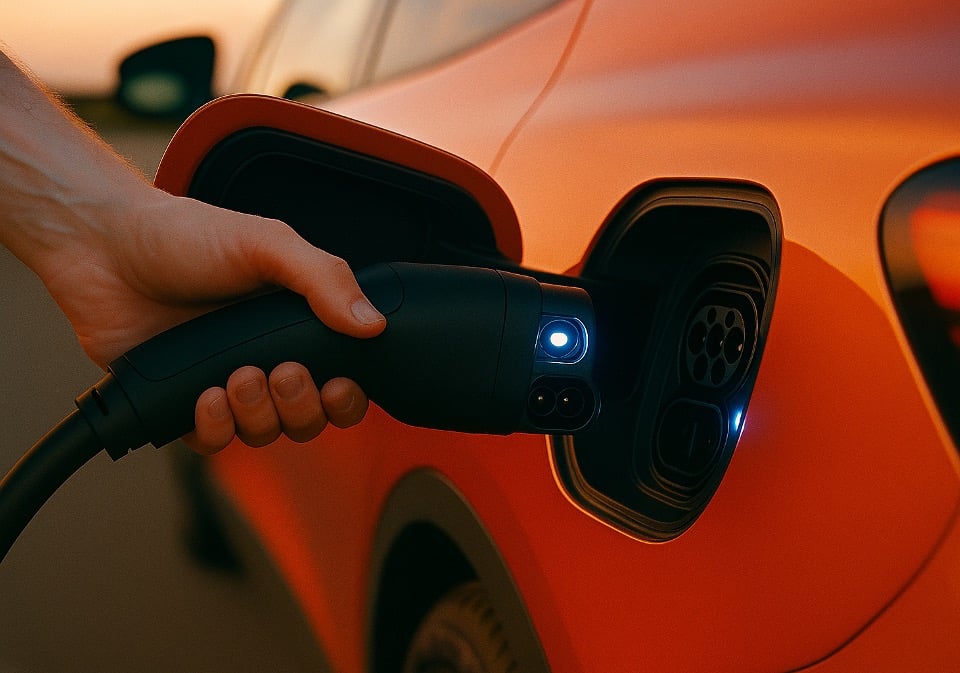In 2025, more than 20 million electric cars are expected to be sold globally, making up around a quarter of all new car sales.
Already this year, over 4 million EVs have been sold in the first quarter alone, a 35% increase on 2024. But as EVs become mainstream, the novelty of being electric will fade.
Zero emissions, speedy acceleration and fast charging won’t be enough to set a brand apart.
In years gone by, carmakers defined themselves through their unique solutions to engineering challenges:
- Air-cooled engines (VW, NSU, Citroën, Morgan Motor Company)
- Wankel rotaries (Mazda Motor Corporation)
- V12s (Jaguar JLR, Ferrari, Rolls-Royce, Aston Martin Lagonda Ltd)
- Flat sixes (Porsche AG)
Plus many other innovations, all shaped their brand's own unique DNA.
Even a simple badge – Twin Cam, Injection, 16V, V6, V8 – created aspiration, advocacy and loyalty.
Today, most EVs look and feel too similar.
The stories are all about range or charging speeds, rather than design and engineering that excites and inspires.
The good news? Battery innovation could change that.
Recent ADAC tests show Volkswagen’s ID.3 retains 91% battery capacity after 160,000km. With Lithium-ion now proven as a reliable engineering solution, things can only get better for EVs.
Kicking things off MG Motor UK Ltd is preparing to launch the first mass-produced semi-solid battery, a stepping stone towards its solid-state powertrain.
Next Nissan Motor Corporation is working with LICAP Technologies, Inc., is gearing up for its first vehicles powered by all-solid-state batteries, often described as the “holy grail” of EV power sources.
And it’s not just Nissan. Toyota Motor Corporation, Mercedes-Benz AG, Volkswagen Group, Stellantis, Honda, BYD and CATL are all racing to bring solid-state EV batteries to market.
A new 600Wh/kg lithium battery from Tianjin University could double energy density, boosting EV range by up to 4 times whilst weighing less, whilst Naxtra the world’s first mass-produced sodium-ion battery could last up to 3.6 million miles.
These engineering advances could echo the days when an engine configuration or first-in-class feature made owning a car feel truly distinctive.
They’re the kind of innovations that could once again make drivers proud to choose one brand over another, as long as consumers are told about them in the kind of language that excites and inspires them.
As EVs converge on baseline expectations, the narrative around these differentiators will be key to building aspiration, loyalty and brand love.
Because range, kWh and charging times alone don’t build brand love.
Differentiated products, powerful marketing and a strong brand do.
If you'd like to stand out from the masses with inspiring marketing, get in touch - we'd love to support your brand.












